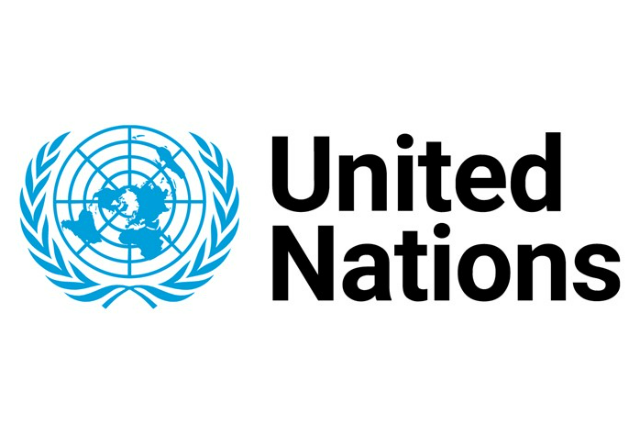Context:
The long simmering debate over the reforms that are proposed for the international organisation called 'United Nations' has been an all time burning issue, particularly over the role of Security Council, a principal organ of UN. The issue again comes into limelight when the Security Council has failed to prevent the Russian invasion of Ukraine. The President of Ukraine is repeatedly requesting United Nations to save his country against Russian aggression. The western powers are in the view to exclude Russia from UN Security Coumcil. China is ready to oppose any such attempt on the part of the western world. Subsequently, the issue has further precipitated into the East-West conflict. It has also led to a deadlock in the functioning of United Nations as an international organisation.
Birth of United Nations:
UN which was born out of the horrors of World War II. The organisation was born on the ashes of the League of Nations ( an organisation that was formed in 1920 after the World War I ). With the outbreak of WWII in 1939, the League was shut down due to it's impotent character. Eventually, in 1945, a charter was signed in San Francisco which was finally adopted on October 24, 1945. This very charter became the foundational treaty of UN. Accordingly, the organisation by the name of 'United Nations' came into force.
What's the matter?
UN represents a larger world and the irony is that such a important body has only 5 permanent members in it's Security Council. The charter of the UN had conferred this disproportionate power to USA, UK, France, Russia and China with the view to avoid the failure of organisation as it happened in the case of League of Nations.
Criticism of UNSC:
- These five permanent members of Security Council are the 'veto wielding' members. This allows them to pursue their own interests while keeping a heavy hand in international affairs.
- The 'veto power' guarantees that permanent members that they can never be removed from the Security Council.
- No African or Latin American country holds a permanent seat reflects the lack of international balance in the organ. It lacks 'democratisation' in it's structure.
- The composition of UNSC is not in pace with the changing balance of power in the world.
- It is somewhere running on the principle of 'Might is Right', where the Big Powers are ready to pursue their self-interests at the expense of other states.
Reforms Proposed:
- The UNSC must be enlarged to open the door for permanent as well as non-permanent members.
- The 'veto' should be much more defined at the time of it's usage. It's application must be explained by it's users before the General Assembly of United Nations.
- The 'veto' power shouldn't block the progress of other nations.
- It should not work alone to establish a status-quo favouring only the permanent members of the Council instead it should head for motives of 'Balance of power' in international politics.
- The permanent members of the Security Council shouldn't go totalitarian in approach but should adopt a demorcatic framework in process ( that is to sit down and arrive at a solution acceptable to all ).
- A new category of 'semi-permanent seats' must be introduced for the inclusion of those member-states who have displayed credibility and capacity in shouldering the responsibilities of UN organ.
- Democratisation of the structure of UNSC is the need of the hour.
- India as a growing world power must also be given a permanent candidature in UNSC. Efforts to give India a permanent stand in Security Council are in process.
The reforms in Security Council are much awaited to enable the UN organs to deal with the ever-complex, intricate and upcoming challenges. The reforms are a much need to reaffirm the faith of the world in 'Collective Multilateralism'. We actually need a future where UN is actually representing and reflecting the present multipolar world and the world politics associated with it.

